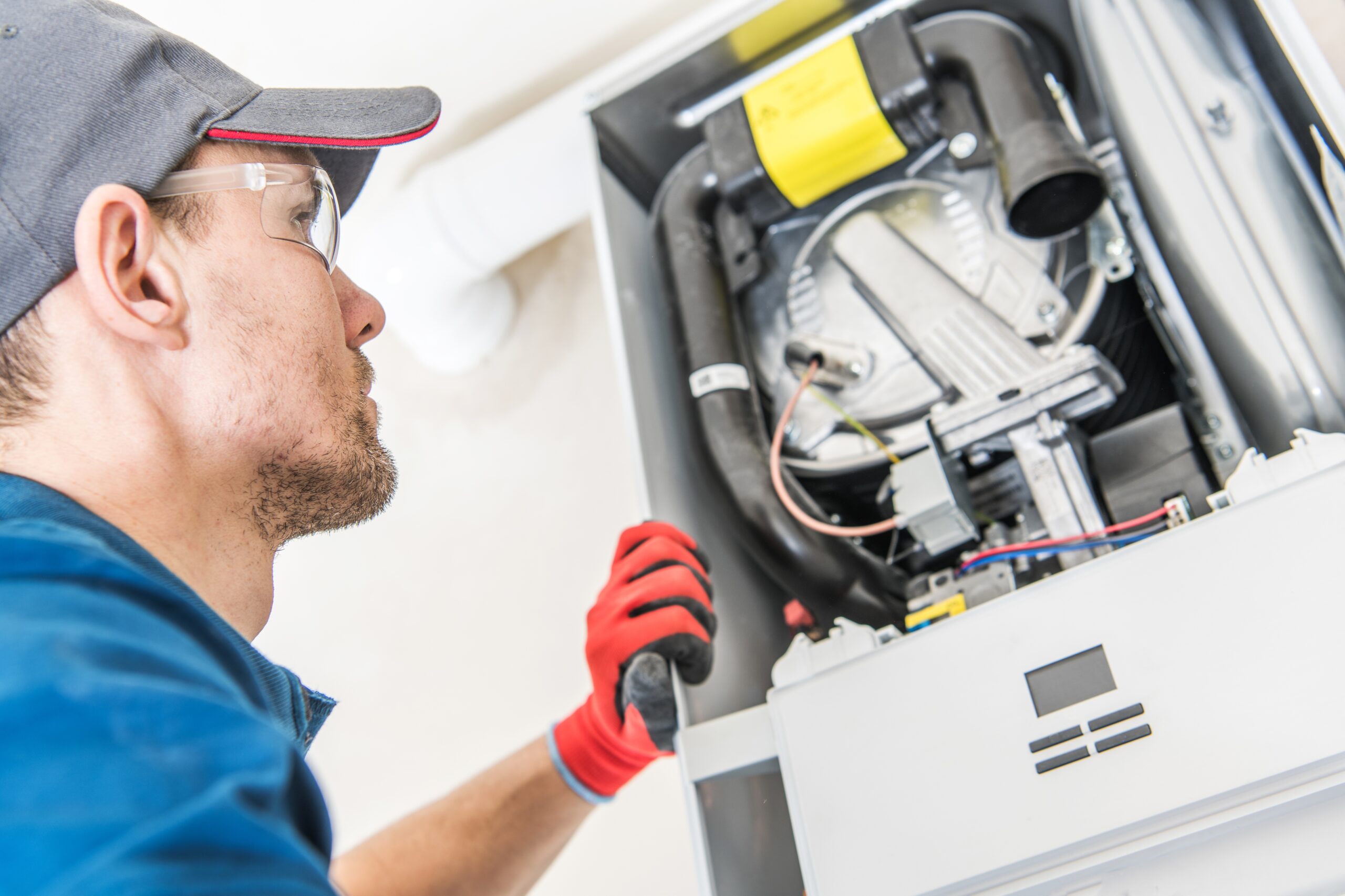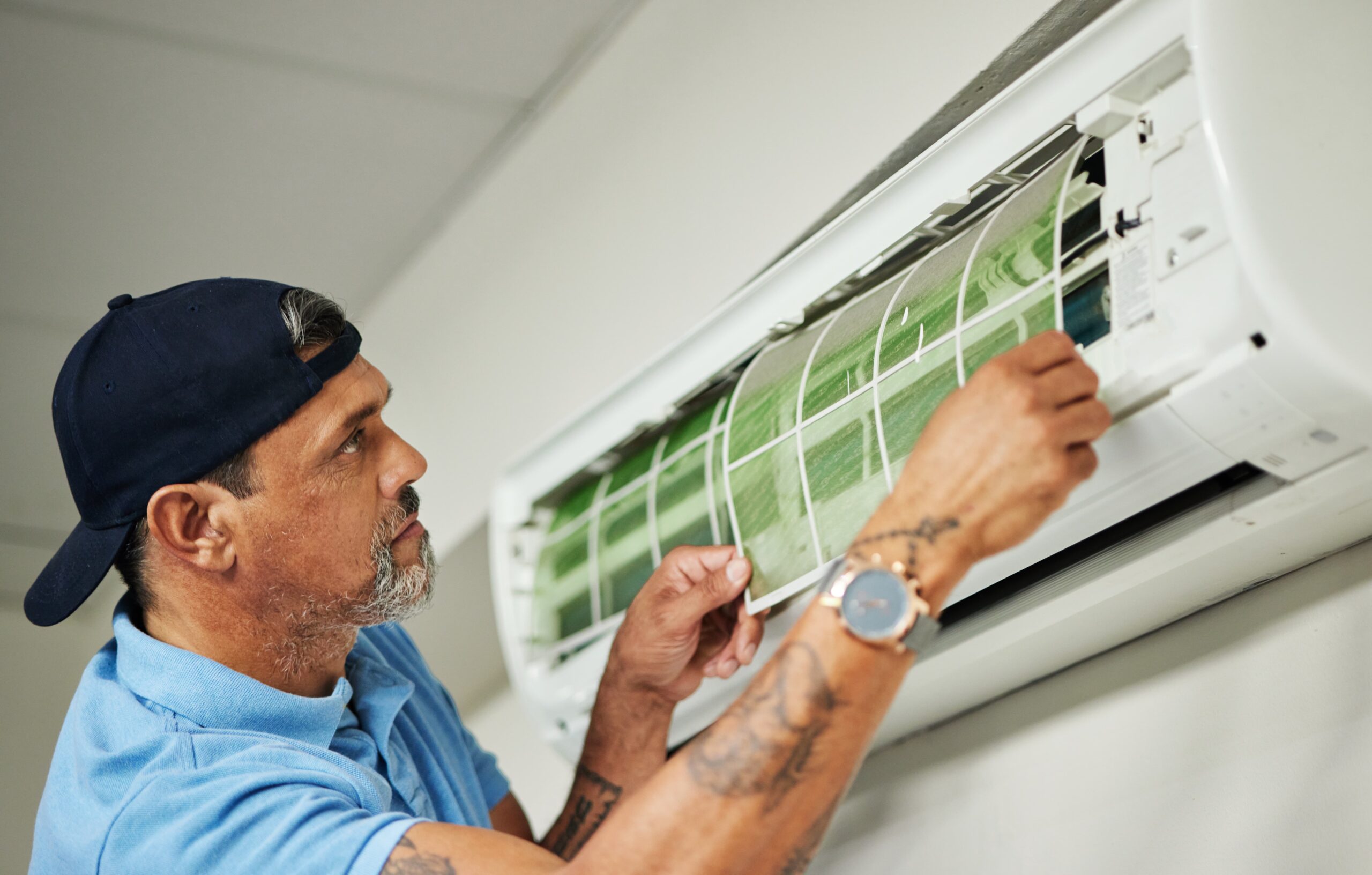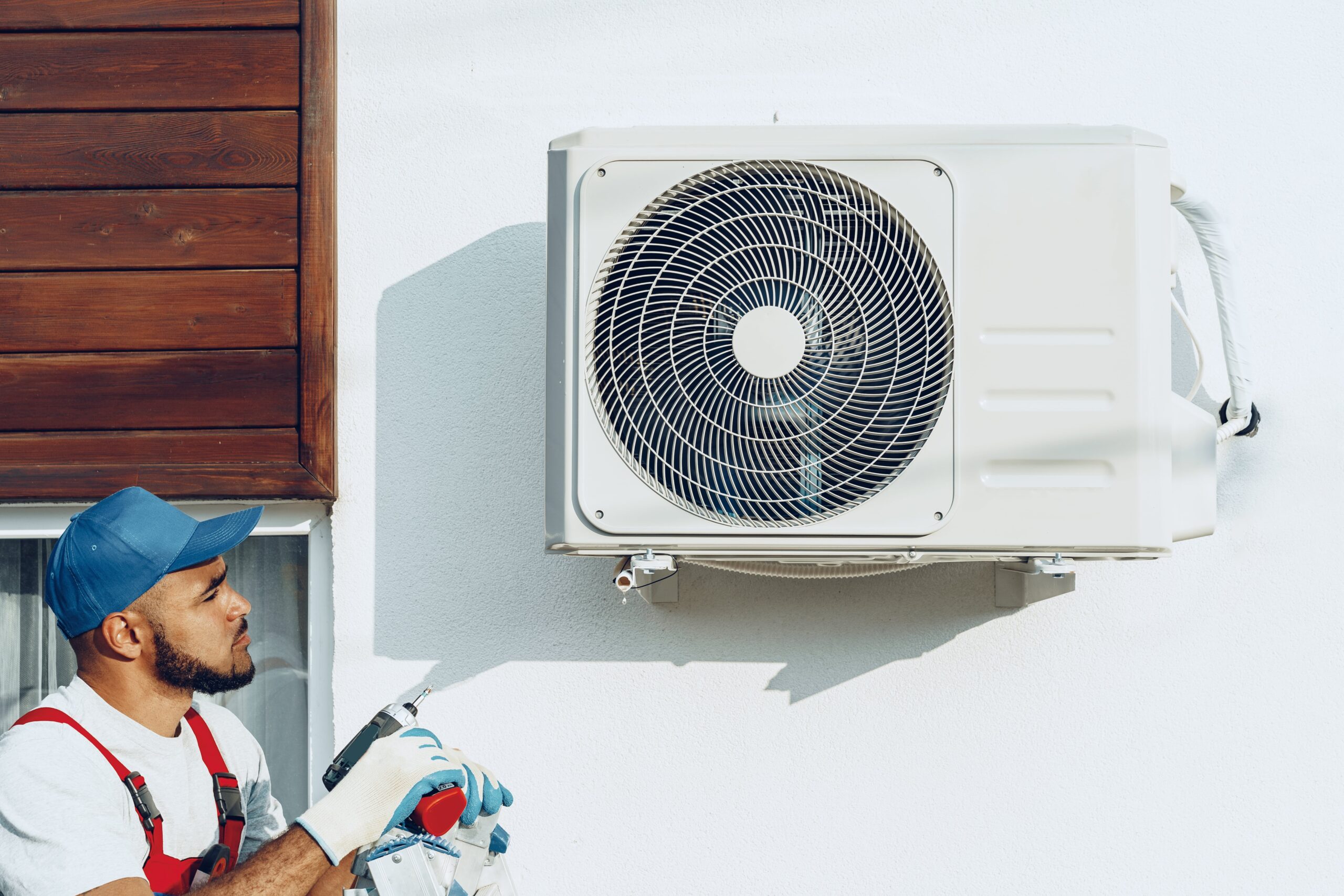 Gas furnaces are some of the most popular heating systems in the country. There’s little to dislike about them: they’re fast, they’re effective, and they can be decently efficient. It’s true there is the risk of complications with the gas and heating components, but as long as you’re getting regular maintenance on the furnace from a heating repair expert in Westlake, OH, there’s nothing to worry about.
Gas furnaces are some of the most popular heating systems in the country. There’s little to dislike about them: they’re fast, they’re effective, and they can be decently efficient. It’s true there is the risk of complications with the gas and heating components, but as long as you’re getting regular maintenance on the furnace from a heating repair expert in Westlake, OH, there’s nothing to worry about.
But there is one part of your furnace you have to be really careful about … and that would be the air filter. Luckily, all you have to do is change it out. We’ll explain below a few serious problems that can be caused by a dirty air filter (and in case changing the air filter doesn’t help, we’ll offer a few alternatives, too).
Short-Cycling
Short-cycling is what happens when your furnace can’t go through a complete heating cycle. Usually, a cycle takes about 15 minutes, during which time it gradually disperses warmed air through the home. Longer cycles help the air become warm and stay warm.
A short cycle does just the opposite, causing the unit to turn on and off and never really getting the home warm. Plus, it’s really horrible for your system—starting up the furnace requires much more energy.
One reason for short-cycling issues could be due to a dirty air filter. It can overheat the system and cause it to shut off early. It also might be due to a furnace that’s too large for your home.
No Airflow
Have you put your hand up to the air vent and find that there’s either no air or just cold/tepid air coming out instead? You could have an airflow issue. And yes, it could be due to an air filter in need of changing.
A clogged air filter will prevent air from flowing through the system. When there’s no airflow, there won’t be any air to send through the ducts and into the rooms of your home. Checking the filter should be your first go-to.
If that doesn’t help, then it could be due to a pilot light or igniter that is failing to light the burners. This would prevent the heating process from ever beginning in the first place. And if that’s not it, then it might be due to a gas burner that has become clogged with soot and dirt. Either issue can be fixed with a routine maintenance check.
Carbon Monoxide Leak
Carbon monoxide leaks are dangerous and deadly. And in some cases, they can be caused by a clogged air filter slowing down the airflow in the system. It’s best to have it changed out every months months just to be sure.
Other reasons for a CO leak can come from a cracked heat exchanger, which is certainly not uncommon as the system ages. Likewise, a flue pipe that is cracked or disconnected can create the same problem.
Regardless of air filters, you should have a carbon monoxide detector installed in your home at the very least.




